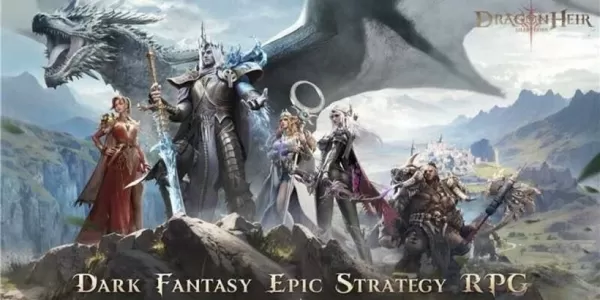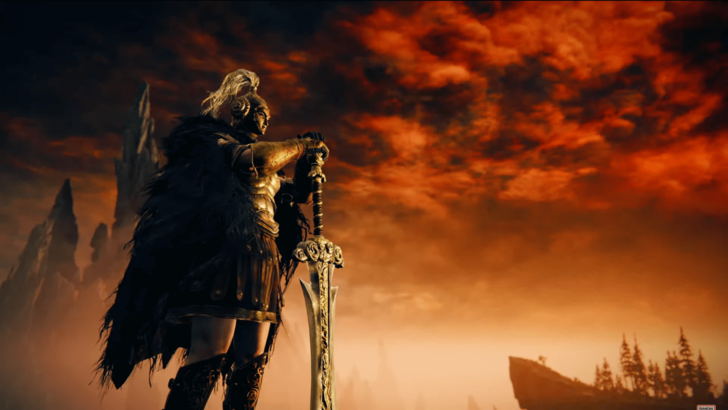
Bandai Namco's European CEO, Arnaud Muller, has shed light on the evolving challenges publishers face when planning game releases. His insights provide a deeper understanding of the risks associated with launching new intellectual properties (IPs) in today's competitive market.
There are Risks in Developing New IPs in a Crowded Market, Said Bandai Namco EU CEO
Rising Costs and Unpredictable Release Schedules Create Uncertainty
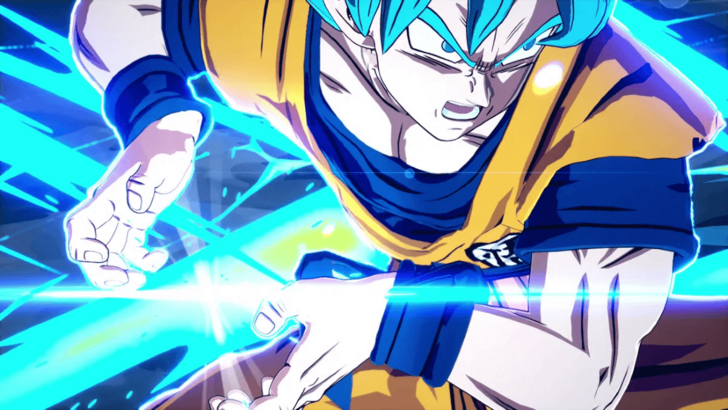
2024 has been a pivotal year for the video game industry, with Bandai Namco navigating through economic uncertainties and a saturated release calendar. In a recent interview, Arnaud Muller discussed the complexities of planning future game releases amid these challenges. Despite a successful year driven by titles like Elden Ring's Shadow of the Erdtree and the upcoming DRAGON BALL: Sparking! ZERO, Muller emphasized that the path forward is fraught with obstacles.
While 2024 has been labeled a "year of stabilization" following industry-wide layoffs and post-COVID market adjustments, Muller is more concerned about the long-term issues in game development and release scheduling.
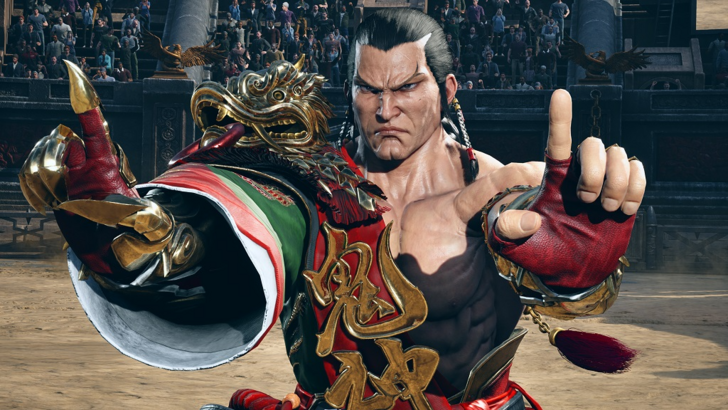
In his interview with GameIndustry.biz, Muller highlighted Bandai Namco's strategy of adopting a "balanced risk approach" when assessing their game pipeline. This strategy takes into account investment levels, the company's production capabilities, and the potential of both existing and new IPs within specific market segments. However, Muller noted that the notion of "safe bets" in the gaming industry is becoming increasingly elusive.
"Are there safe bets today in the market? I believe yes," Muller stated. "But… launching a new IP has become more and more difficult." The escalating costs and extended development timelines mean that potential overspending and delays must be anticipated from the start. "If these are not factored in, you’re in for some bad surprises," Muller warned.
The unpredictability of release schedules adds another layer of complexity. With a 2025 lineup featuring titles like Monster Hunter Wilds, Avowed, Ghost of Yōtei, and a potential Switch 2 launch, Muller questioned the reliability of these release dates: "How many of these games will come on time?... We are no different to everybody else."
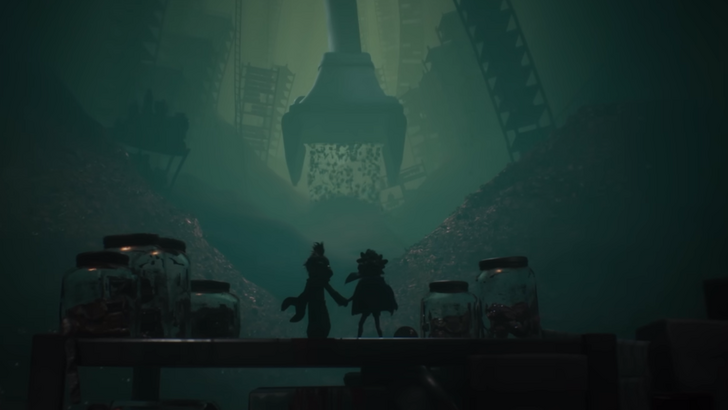
Muller believes that focusing on specific genres and leveraging established IPs, such as the upcoming Little Nightmares 3, offers some protection. "We believe that… there is an audience that is interested in our portfolio, that is loyal to some of our IP, and that will be interested in buying our games," he said.
However, even established franchises are not immune to market shifts. As player preferences evolve, past successes may not guarantee future performance. New IPs, on the other hand, face heightened risks of commercial failure due to their high development costs and the crowded gaming landscape. "Little Nightmares 3… has a fanbase that hopefully will be interested in playing that game, irrespective of whether GTA comes in 2025 or not," Muller added.
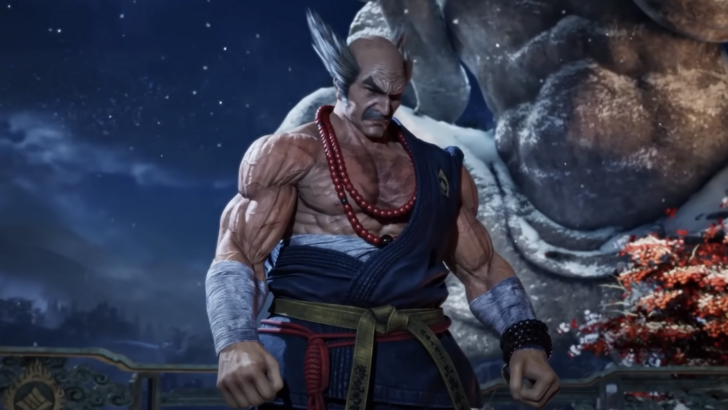
Muller described 2024 as a "year of stabilization" for the industry but emphasized that achieving significant growth requires three key factors: a favorable macroeconomic environment, a robust platform and install base, and new markets with high growth potential like Brazil, South America, and India.
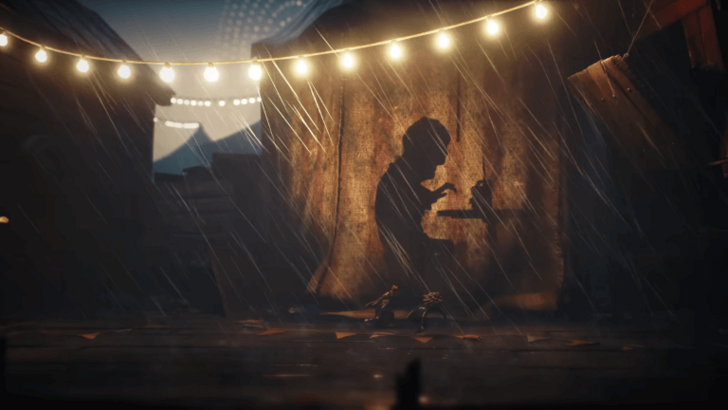
When asked about the impact of the upcoming Switch 2 on Bandai Namco, Muller affirmed their platform-agnostic approach. "Our games are mostly available on all platforms, and Switch has always been an important platform to us… Whenever a new console comes out from Nintendo, we’ll be ready to invest there."
Despite the challenges, Muller remains optimistic about the future, believing that if the planned 2025 game releases come to fruition, "then obviously, I don’t see how the market wouldn’t grow next year."

